Energy & Sustainability
Energy and Sustainability research at UIC's Department of Chemistry encompasses diverse investigations across multiple groups. These include the development of novel organic light-harvesting materials for solar energy modulation, exploration of redox and transport properties in inorganic materials with a focus on proposing solutions for energy storage challenges, and the study of photocatalytic and electrocatalytic processes using metal-free catalysis on conductive carbon-based platforms. Additionally, researchers investigate extreme conditions to understand the chemistry and physics of materials, leading to discoveries like room-temperature superconductivity, and engage in nanotechnology applications for designing nanoscale structures with implications for next-generation single-molecule devices. The interdisciplinary nature of these studies contributes to advancements in sustainable chemical synthesis, alternative energy conversion, and environmental protection.
Energy and Sustainability Hidden Heading link
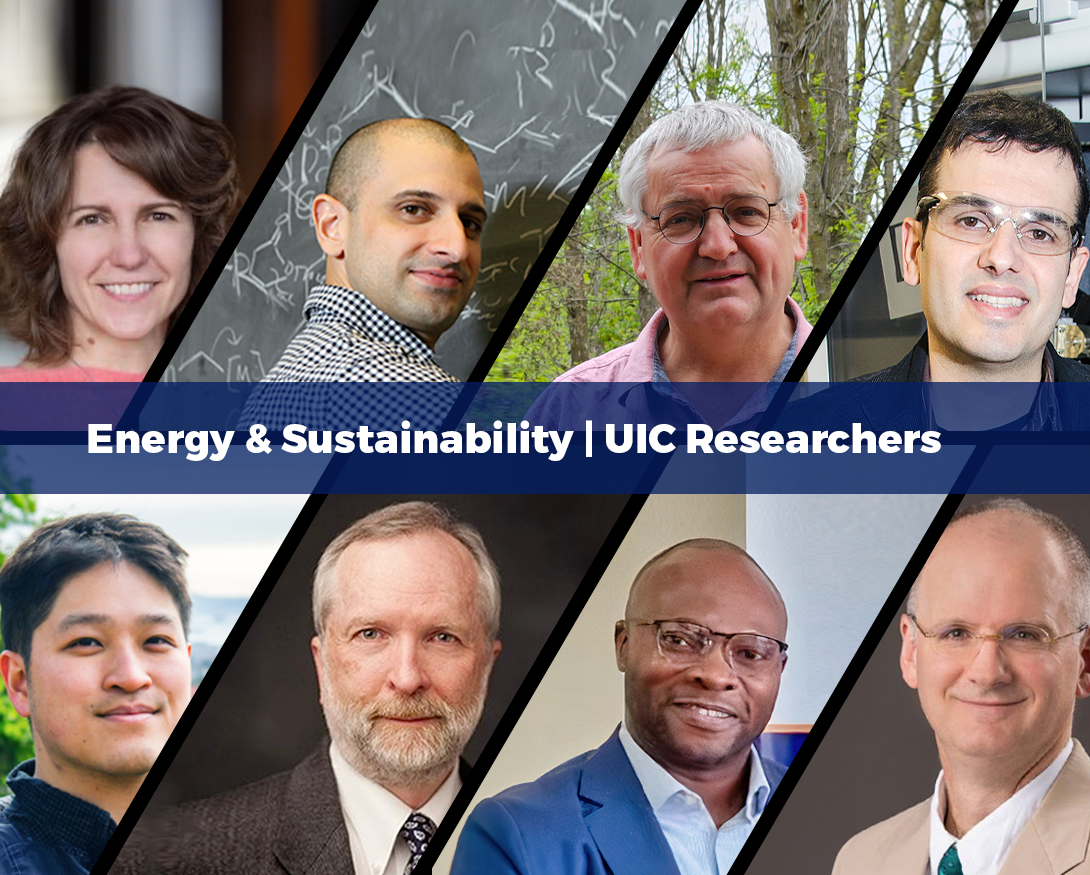
Hidden Heading link
A. Jean-Luc Ayitou
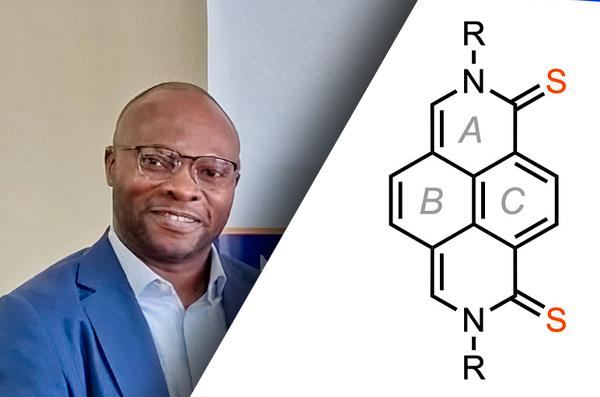
Our laboratory is currently focused on developing new photochemical and photo physical methods and molecular systems for applications that lie at the intersection of:
- Solar energy conversion via non-linear photophysical processes
- Drug discovery and rapid structural derivation of bioactive molecules via metal-free photocatalysis
- Photo-medicinal chemistry
- Photometric sensing of heavy metal ions
- Organic materials for battery applications
Jordi Cabana
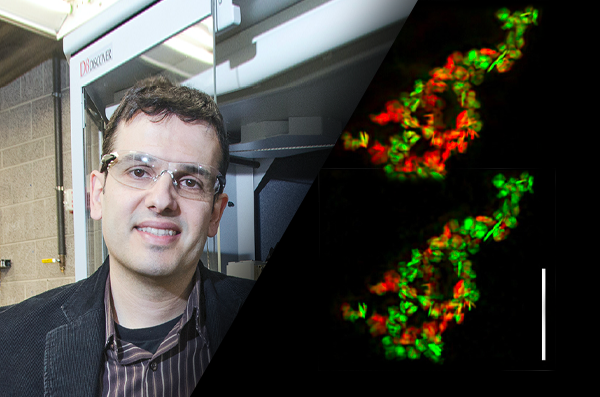
– generally interested in the physical and inorganic chemistry of materials.
– combines approaches from classical solid state chemistry with nanoscience and molecular chemistry, with the goal of contributing to a unified field.
– current focus is on electrochemical energy technologies, critical to a green economy based on renewable sources.
- – Topic 1: Definition of chemical pathways of electrochemical reactions with solids, at scales spanning from atoms to micrometers, and from bulk to interfaces. Heavy reliance on analytical development of synchrotron imaging methodologies.
- – Topic 2: Exploration of materials suitable for transport of single and multivalent ions. We aim to establish the design rules that govern ion intercalation into solid electrodes to guide the discovery of new functional materials.
- – Topic 3: Mechanistic understanding of transition metal solids with electrocatalytic properties that enable decarbonization technologies. We combine electroanalysis with X-ray spectroscopy and scattering to establish relationships between material evolution and electrocatalytic activity, selectivity and stability.
Ksenija D Glusac
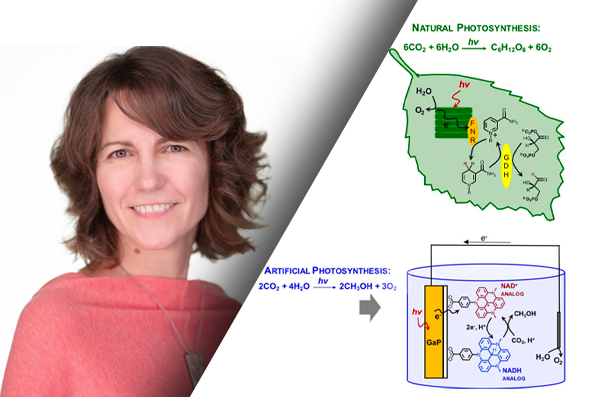
green energy, photochemistry, integrated CO2 capture and conversion, electrochemistry, molecular redox shuttles, ultrafast laser spectroscopy, spectroelectrochemistry.
Luke Hanley
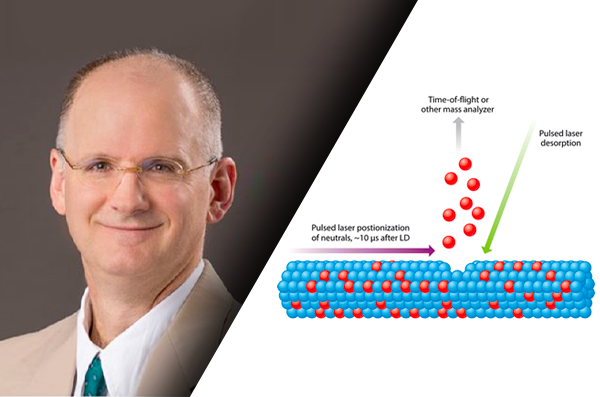
- Mass spectrometry imaging of lithium ion batteries and bacterial biofilms.
- Laser desorption ionization, Laser desorption postionization, time-of-flight secondary ion Mass spectrometry.
- New methods of data analysis for Mass spectrometry imaging.
Petr Kral
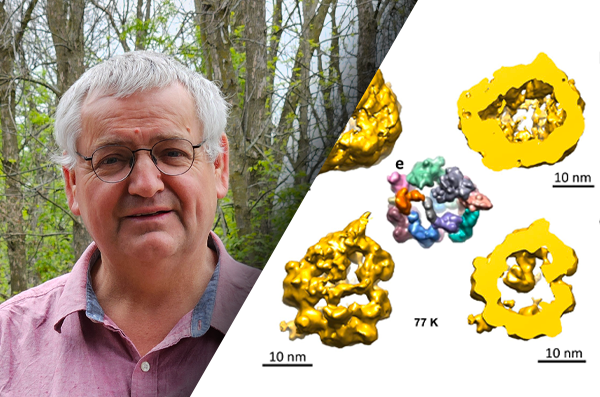
- – Modeling of coarsed materials
- – Modeling of nanomedicines
- – Modeling of nanofluidics
- – Modeling of energy-related systems
- – First principle methods
- – Molecular dynamics simulations
- – Mean-field and analytical methods
Andy Nguyen
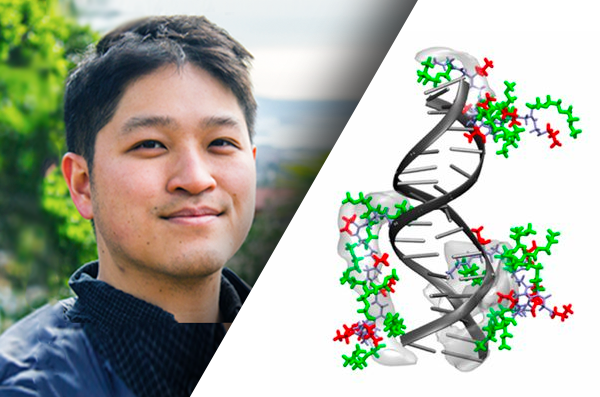
- We are inspired by proteins and enzymes, and aim to translate their features into synthetic materials. Achieving such a goal would have major impacts in catalyst design and improving the efficiency of important separation processes.
- To do this, we are targeting porous materials that are built from bioinspired building blocks and can evolve in complexity.
- Our group has pioneered the design of synthetic peptides as building blocks for porous materials. We integrate de novo peptide design, inorganic & organic chemistry to synthesize novel biomimetic materials for catalysis and separations.
Neal P. Mankad
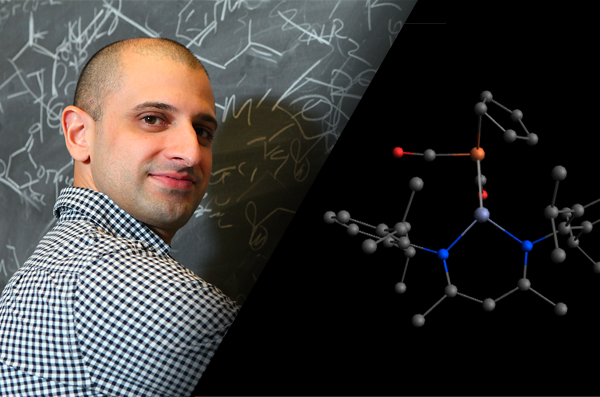
- What does nature use to catalyze energy conversion reactions?
- How can we replace precious metals with earth-abundant elements?
- How can we improve our energy storage devices?
Michael Trenary
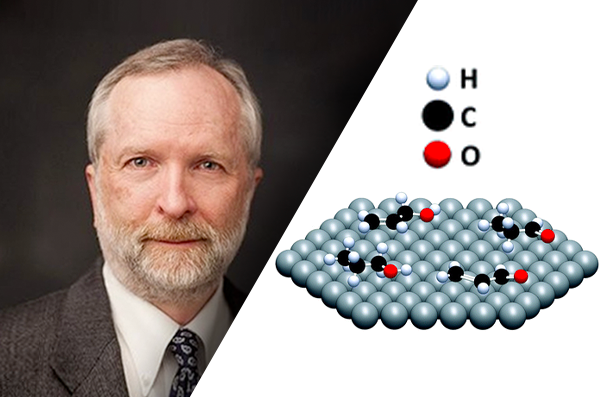
- Fundamental investigations of chemical reactions on transition metal surfaces of relevance to heterogeneous catalysis
- Studies of surface chemical reactions used in thin film growth by chemical vapor deposition